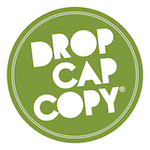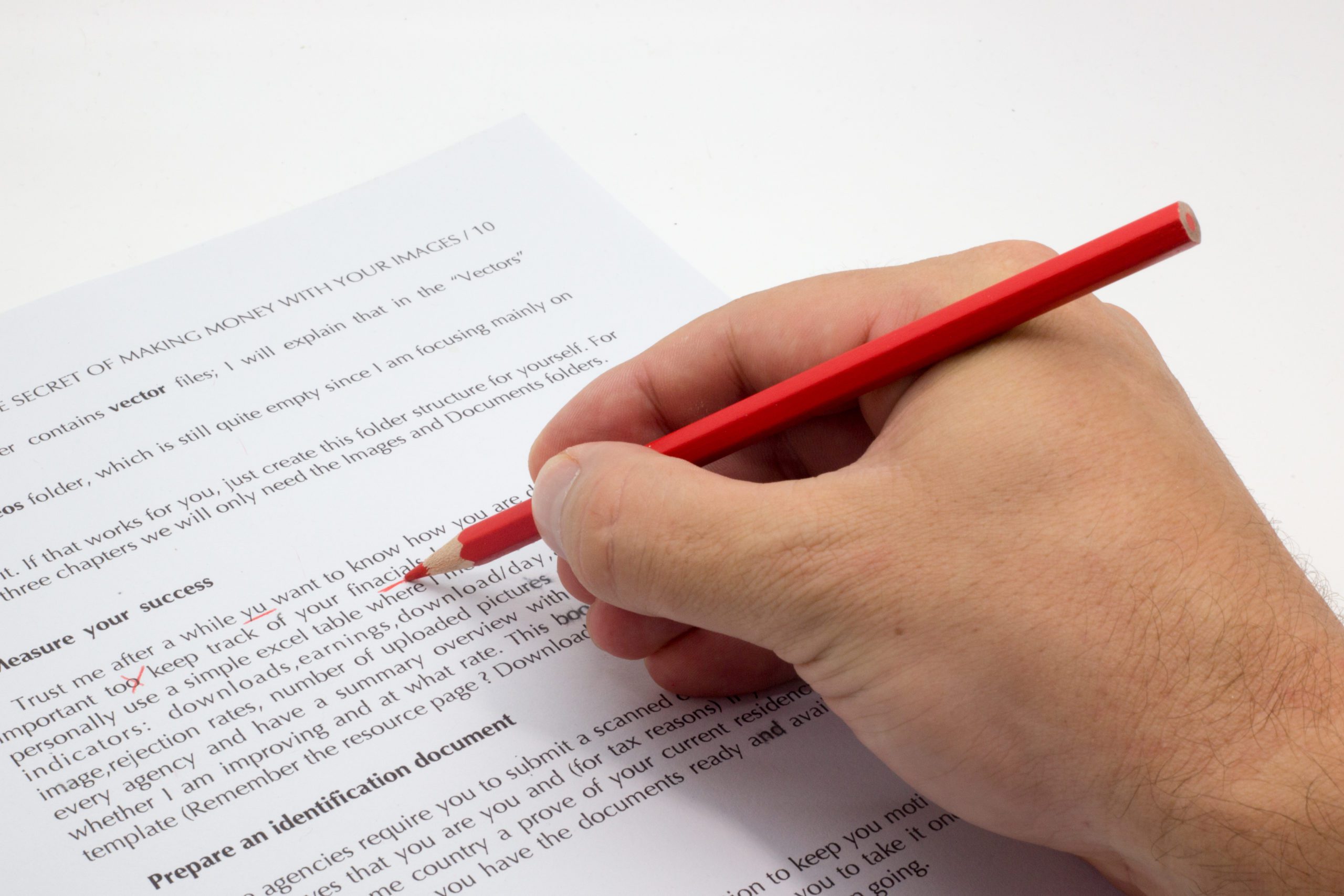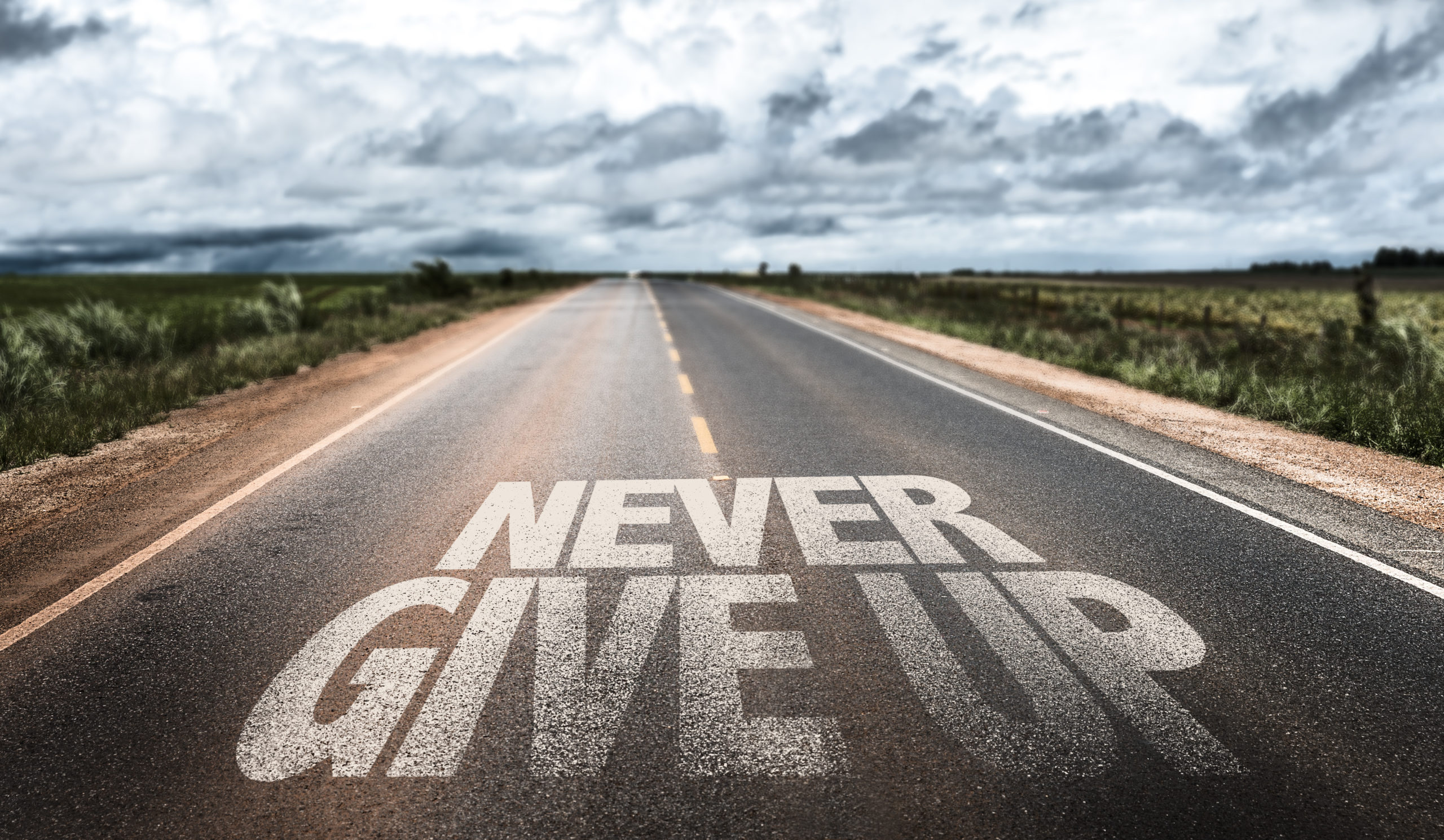
A few years ago, a freelance, direct response copywriter from Germany called Haris Halkic ran his own site. Nothing unusual there. But Haris conducted dozens of interviews with other copywriters from all over the world, in a series he called ‘The Greatest Freelance Copywriters’. Epic stuff.
But, earlier in 2021, Haris took the site down as he moved into an employed role that used his immense skills (you can find out more about Haris here). So while you can no longer reach the site, I managed to crawl the web using the Internet Archive and found my interview. Hurray! Obviously, it’s a few years old now, but much of the info is as relevant as ever.
So grab a brew and enjoy.
Haris Halkic interview
The Greatest Freelance Copywriters
Interviewed by Haris Halkic
How Graeme Piper Became A Freelance Copywriter And His Advice To Everybody Starting Out
Haris Halkic: Hi Graeme, thanks a lot for agreeing to share your best tips on copywriting and your background. Let’s start with how you got started in copywriting? Please, tell us more about your story.
Graeme Piper: I joined an in-house marketing team in 2006, which was a progression from being a Mac artwork for the previous 10 years, and a printer before that. I became Assistant Manager in 2012 and I started writing copy in 2014.
My boss handed me an opportunity to write a 16-page brochure. I liked writing it and he liked the results, so that was when I figured a career shift could work for me.
So I’d been surround by copy my whole career before even thinking about writing it. No tall tales of enlightenment I’m afraid. It sounds a bit crass to say ‘it just sort of happened’, but that’s how it all started.
HH: How did you transition to freelance writing from your previous job? What’s your best advice for someone who is employed and wants to become a freelance copywriter?
GP: Once I knew that working for myself was the ultimate goal, I put myself out there. I picked up a handful of clients to start with, I networked (when I could), I networked more (even taking days off to go to events), I picked up a few more clients. You get the idea.
It got to the point where I had enough of a pipeline to finally say “I’ve got freelance work actually outstanding, but I’ve got to go to work tomorrow!”. That’s when I knew I could finally have that moment of pleasure of handing my notice in.
I saved all the money I was making from copywriting. And after I paid my monthly outgoings (boring stuff like mortgage, food, and bills), I saved all my spare cash from my real wages too.
It was a lot of hard work over two or three years to get to that point, but I knew I needed a plan and a good financial buffer. Fortunately I had both. And that’s what I’d advise anyone looking to become a freelancer themselves to have. That and a truckload of self-belief.
People still comment that it was a brave move, but it never felt brave to me. It just felt like the right thing for me to do. So if it feels right, what’s stopping you?
HH: Getting clients is one of the greatest challenges for freelance copywriters. Could you tell us more about how you get clients?
GP: I do a lot of agency work and that came about because I specifically approached them. Made appointments. Went to see them. Explained what I was doing and how I could help them. I started doing that before I quit my job. Fortunately, I still work with those same agencies, plus a few more now.
But I’ve had new clients contact me through my website after finding me on a Google search.
Clients have come from networking, referrals, word of mouth, through the Pro Copywriters Network website. A real mixed bag.
But I rarely advertise myself. Of course, I’m out there on the big social media channels, but print ads are few and far between.
HH: I’ve seen on one of your latest Instagram posts that you’ve registered a trademark for your brand DropCapCopy®. I think this is very interesting. What is your motivation behind that and how does it fit into your overall strategy of marketing your services?
GP: I’d never given the idea any thought before, but I had about half a dozen domain names registered and it was coming up to renewal time. I asked an agency buddy I do work for if it was worth keeping them all. He said, “10 years ago, probably yes. Now, not so much. Get yourself trademarked to protect your name”.
So I did. I think it gives me some brand protection. I might get some PR out of it, but I’m not sure it has anything to do with marketing as such. Most people won’t even notice that little ® symbol, but it’s there, quietly doing its job.
HH: How do you prepare for a writing session?
GP: The next couple of projects coming up are always swilling around my mind beforehand. But when it’s time to get started, I make sure I have a fresh coffee/peppermint tea (delete as appropriate according to the state of the day). I gather my notes, refresh myself on the client conversations, get in the zone, and crack on.
HH: How did you learn to write copy? Are there teachers, books or resources you can recommend?
GP: I learnt a lot in my marketing days and I made sure I read as much as I could about the art of copywriting. That was a great learning curve for me – long before I went freelance.
But ask any copywriter and they’ll recommend a list of books as long as their arm – me included. Write To Sell and Write Copy, Make Money both by Andy Maslen were early purchases. Read Me by Roger Horberry and Gyles Lingwood, How to Write Better Copy by Steve Harrison, and Copywriting Made Simple by Tom Albrighton are all great resources.
I also recently read Writing Without Bullshit by Josh Bernoff which is a real eye-opener. And two of my latest purchases have been Everybody Writes by Ann Handley, and The Copy Book from D&AD.
But you can learn a lot from just reading anything. Don’t limit yourself – read it all. Take it all in. See how different writers work with words.
HH: Who’s your favourite copywriter or piece of copywriting?
GP: I don’t have a favourite copywriter per sé. But sometimes copywriters put out new additions to their portfolio and when you read them, you know it’s an amazing piece of work, and you understand why they’re so revered. There’s a lot of them.
HH: In your opinion, what are the greatest advantages of being a freelance copywriter? What makes this lifestyle so special?
GP: *Cliché klaxon* I like being my own boss.
When I was employed, it was safe and lucrative, but I was stagnating. It brought a lot of stress from things I couldn’t control but directly affected me.
Now I have the freedom and flexibility to run my day as I choose or need to. Being a freelancer brings with it a different set of stresses, but the lifestyle of working from home for myself certainly suits me. I’m much happier now.
HH: Is there a daily habit that has contributed to your success more than any other?
GP: Nothing, other than work. Plain and simple.
Being a freelancer means everything’s down to you and no one’s going to do it for you. I’ve put the hours in to get where I am, simple as that.
No amount of crappy motivational memes or life hacks that flow through any of your timelines are going magically make anything happen. You just gotta werk and you’ll get the success you want.
HH: If someone wants to hire you, what is the best way to get in touch?
GP: Anyone can contact me through www.dropcapcopy.com at any time. There’s a contact form, email links, social links, phone numbers. It’s all there.




